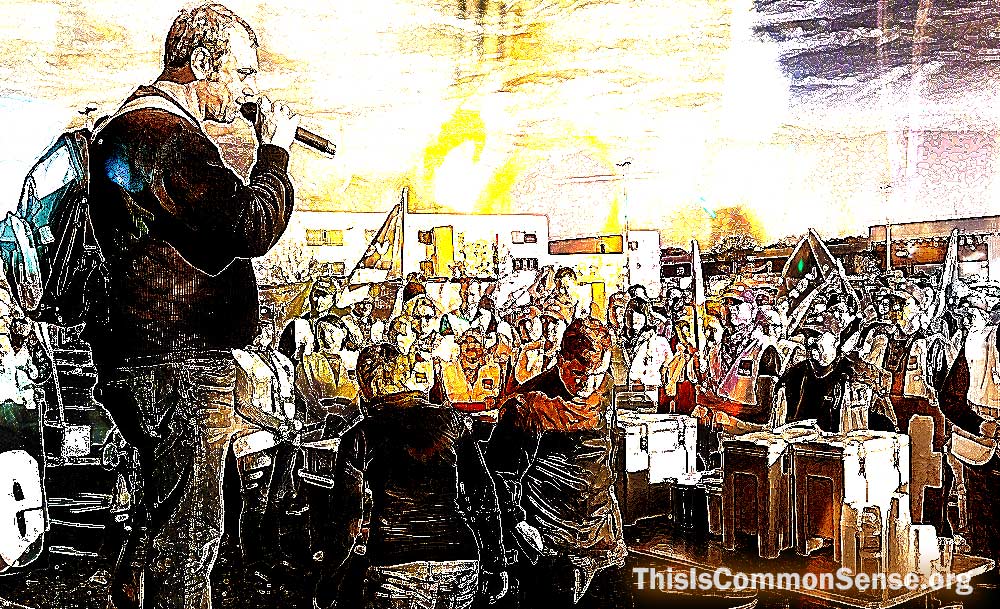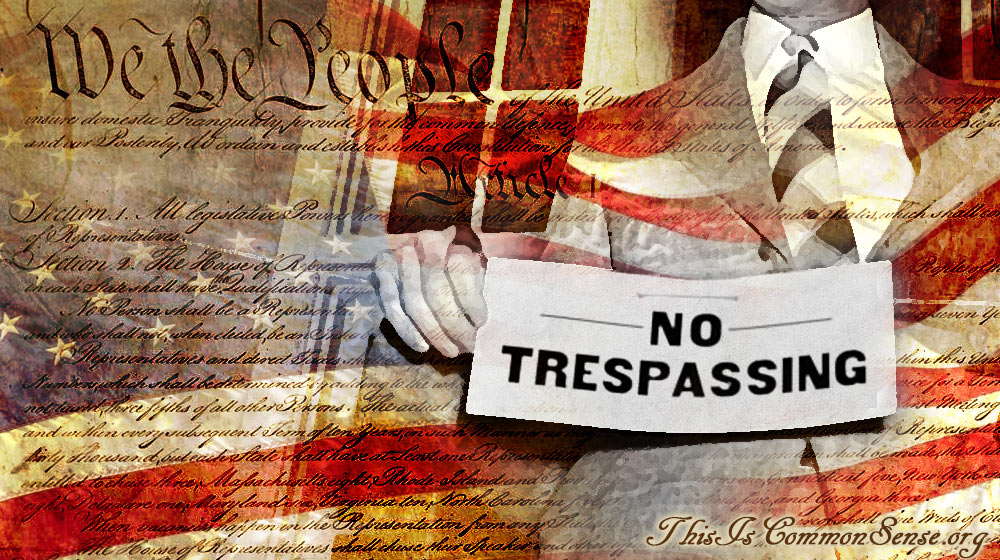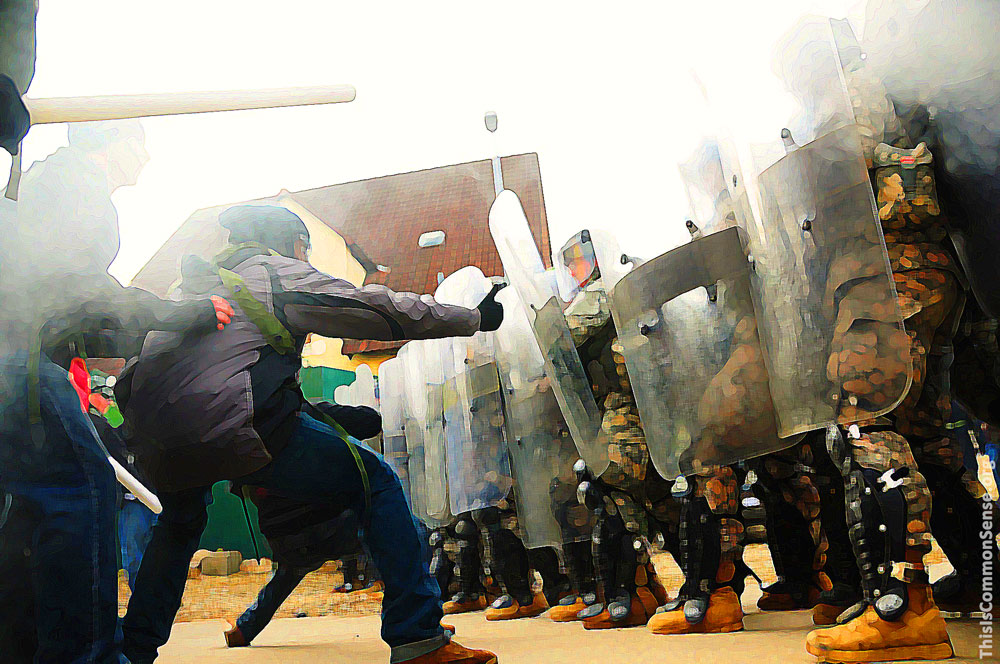Golden State labor organizers want to be able to trespass on the property of companies to recruit new workers. But companies don’t want their operations periodically disrupted by trespassers.
Typical kind of political disagreement. One party wants its rights to be respected; the other wants to violate those rights.
That was pretty much where things stood in the Golden State until the California Supreme Court’s 6-3 decision last summer, which invalidated the relevant provision of the California law that had empowered unions to disrupt business for hours a day for up to a third of the year.
Let me repeat that: for hours a day for up to a third of the year.
The petitioners in the case were Cedar Point Nursery, which produces strawberries, and Fowler Packing Company, which produces grapes and oranges. Pacific Legal Foundation pursued the litigation on their behalf.
On September 1, a California district court followed up. In light of the high court’s decision, the district court ruled that the state can’t enforce union access without “just compensation” to property owners for temporarily taking their property.
This seems like an unnecessary and contradictory hedge, a misunderstanding of the context in which just compensation for government-authorized taking of a property for public use properly applies (if ever).
But, practically speaking, the rulings mean that California businesses have now escaped at least one of the many hassles that are encouraging so many to flee the state.
PLF attorney Wen Fa says that agricultural businesses in California can now function “without the threat of unions trespassing on their property and disrupting their workplaces.”
This is Common Sense. I’m Paul Jacob.
—
See all recent commentary
(simplified and organized)





